The Power of Perception: Influencers, Personal Brands, and Organizational Brands
At Hoot Design Company, we're not just in the business of changing how the world sees you—we're here to transform how you see yourself. This philosophy extends to every facet of branding, including the often-blurred lines between influencers, personal brands, and organizational brands.
Let's dive into these distinctions and uncover the components of each when done successfully.
Influencers: The Art of Storytelling
Influencers are the modern-day storytellers of the digital age. They've mastered the art of narrating their lives, experiences, and opinions in a way that captivates audiences. But what sets successful influencers apart?
Often the secret ingredient is a strong point of view. Without it, an influencer is just another voice in the crowded social media landscape. The most impactful influencers don't just share content—they share perspectives. They offer a unique lens through which their followers can view the world, products, or ideas.
However, it's crucial to remember that being an influencer doesn't automatically equate to having a personal brand. While influencers can certainly evolve into personal brands, the journey requires more than just a following—it demands substance.
Powerful Influencer brands:
Drew Afualo : Storytelling with a perspective on female empowerment and the patriarchy
Rachel Parcell : Fashion/Lifestyle blogger turned influencer (now owns her own brands)
Kat Stickler : Lifestyle blogger turned investor
Personal Brands: Products and Perspectives
At Hoot, we believe that a true personal brand is built on either a product, a point of view, or ideally, both. Without these foundational elements, what you have is simply a social media presence—not a brand.
A personal brand is more than just a curated online persona. It's a promise of value, a consistent delivery of expertise or innovation. Think of thought leaders who've shaped industries with their insights, or entrepreneurs whose names have become synonymous with their groundbreaking products.
The key difference between an influencer and a personal brand lies in the depth and consistency of value offered. While influencers might sway purchasing decisions or lifestyle choices, personal brands often drive deeper, more lasting change in their spheres of influence.
Powerful Personal Brands with a POV (Thought leadership, culture shifters, authors/speakers)
Brene Brown
Adam Grant
Simon Sinek
Esther Perel
Organizational Brands: The ethos of founder + team
Organizational brands represent the most complex form of branding. They're built on a symphony of elements: products, monetization strategies, teams, and often, a prominent founder brand.
What sets organizational brands apart is their ability to transcend individual personalities. They're entities that can outlive their founders, evolve with market changes, and scale in ways that personal brands often can't.
However, the most successful organizational brands don't lose sight of their human element. They understand that at the heart of every business is a Brand Heart. This is where the lines can blur beautifully—many organizational brands leverage the power of personal brands (often of their founders or key team members) to create more authentic connections with their audience.
Powerful Organizational Brands with a Founder Identity
Nike + Phil Knight
Apple + Steve Jobs
Virgin Atlantic + Richard Branson
The Bottom Line
In the end, the distinctions between influencers, personal brands, and organizational brands aren't about creating divisions—they're about understanding the unique power and potential of each.
At Hoot, we believe that the most powerful brands—regardless of category—are those that are built from the inside out. They're rooted in a clear sense of self, a commitment to value creation, and an unwavering authenticity.
Whether you're an aspiring influencer, a professional looking to build a personal brand, or a business aiming to create a lasting organizational brand, remember: the journey begins with how you see yourself. Once you've got that clarity, the world's perception will follow.
After all, changing how you see yourself isn't just good branding—it's good business.

